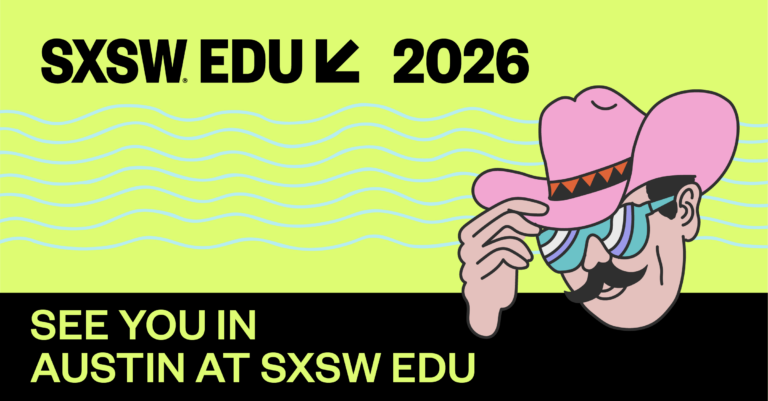Glenn Whitman is at the forefront of integrating the science of learning into actual classroom settings. Through his work as the Director of the Center for Transformative Teaching and Learning at St. Andrews Episcopal School, Glenn bridges the gap between the research and the classroom.
Using research-based models to create student schedules, from 10-minute breaks to help balance cognitive load, and delayed start-times to support what we know about adolescent brains, Whitman brings theory into practice.
As part of our series of interviews with other leaders in the science of learning, like Ken Koedinger, and Pooja Agarwal, this discussion with Glenn brings to life how teachers can use specific tools and strategies. For instance, Neuroteach Global, a mini-course and program designed for educators that goes beyond a simple “workshop” to a comprehensive professional development platform for schools and districts.
Author of the report, “A Bridge No Longer Too Far: A Case Study of One School’s Exploration of the Promise and Possibilities of Mind, Brain, and Education Science for the Future of Education,” Glenn emphasizes the need to move the research into the classroom, and utilizes the talents of the staff and teachers of St. Andrews to improve student outcomes and maximize their opportunities for success. Their work and focus also extends beyond the classroom, into other educational settings, like how to coach student-athletes, for example.
As Glenn describes, “The highest achieving students are not efficient students at times. Could we use research around memory, feedback, engagement, spacing of work, to make them more efficient” so they can participate in extracurricular activities, take AP classes, and get a decent night’s sleep?
What’s Neuroteach Global?
While Neuroteach Global targets the professional learning of educators within public, private, and charter schools, the chief beneficiaries will be students that now have teachers and school leaders who understand the science behind the learning brain.
What Do People Get From The Program?
Each 1-hour micro-course is chunked into 8 chapters and two Real-World missions that receive feedback from master teachers within 72-hours of submission. Each micro-course also includes an MBE Field Guide as a reference to check one’s understanding and for help with some of the more difficult questions and content areas (we actually hope a user misses around 25% of the questions).
The platform was specifically designed so that a user cannot binge experience Neuroteach Global as that is not optimal learning for either the student or the adult brain. At the completion of a micro-course, participants receive a report with cohort-level and individual-level performance and engagement scores that can be used to reflect on one’s individual progress as well as to develop whole-school or district follow-up professional development initiatives.
Engaging with Neuroteach Global also serves a greater purpose. Each individual user accrues Professional Learning Gems as they complete a chapter, mission, or track. These Gems are then made available to under-resourced teachers and schools around the world for access to the Neuroteach Global experience.
Mind, Brain, and Education science is the most promising research to enhance teacher quality, student outcomes, and the student school experience.”
Since You’ve Rolled It Out, What’s Been The Biggest Surprise?
During our pilot of Neuroteach Global with over 800 educators from 20 states and 8 countries, teachers from locations as distant as Colorado and Dubai had their students develop dual coded flashcards, rethought the design of their classroom space, and began looking more closely at the connection between emotion and cognition. Teachers are choosing to take advantage of the flexibility of Neuroteach Global by completing a 5-7-minute chapter while in line for groceries, waiting for a subway in New York City, and, as one person anonymously shared, even during a faculty meeting at his school (which runs counter to the research on multi-tasking).
The CTTL and its partner software Talented are committed to robustly researching Neuroteach Global. We are currently collecting quantitative and qualitative data from users in order to improve the experience and to measure the impact Neuroteach Global is having on schools, teachers, and their students.
For more information about Neuroteach Global go to www.neuroteach.us or email neuroteach@thecttl.org





